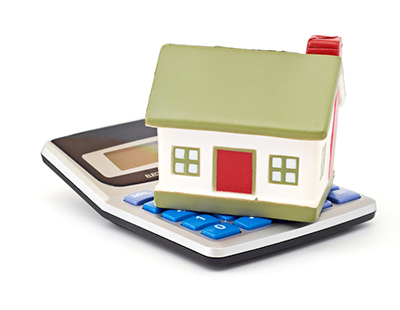
A leading property consultancy is suggesting that a possible increase in Capital Gains Tax could end up losing money for the government, instead of increasing it.
The claim comes from London Central Portfolio, a property consultancy, which has conducted an analysis to assess the impact on the residential market and the wider economy by looking at what happened with previous property tax increases back in 2016.
Then transactions slumped in Greater London by 25.08 per cent year-on-year following the introduction of the additional homes stamp duty surcharge in April 2016.
LCP says annual transactions have never recovered to pre-2016 levels and were down 32.2 per cent prior to the onset of the pandemic.
What if the same trend follows a CGT rise?
“If transactions followed the same trend following the implementation of the proposed CGT changes, an estimated £1.7 billion per annum will, at least, be wiped annually from ancillary businesses in London which service the housing market” claims LCP.
It adds that this damage would be exacerbated by an estimated £630m per annum loss in stamp duty and VAT receipts as property transactions fall and the service sector inevitably decreases.
Andrew Weir, LCP’s chief executive, says: “Tempting as it may be for the Chancellor to target CGT as a cash grab which may be politically popular, the law of unintended consequences may mean it has the reverse effect. Transactions will be effectively ‘brought forward’ ahead of the implementation date, similar to March 2016 where monthly transactions soared to a 12-year high to get ahead of higher rate SDLT.”
He continues: “LCP anticipates that buyer profiles will also change as current owners are replaced by those holding a longer-term view with no intention of selling assets. This would create a transactional lull over the next few years with a further knock-on effect to the UK economy. Businesses that have already struggled due to the Covid-19 pandemic will be victims again.”
Weir believes that with the economy facing a period of slower growth, the Exchequer should be encouraging people to spend their money and boost the economy in the process.
“A rise in CGT is neither certain to increase tax revenues nor likely to stimulate investment in the housing market. It has never been more important to have a well-thought-out strategic approach, looking at all the variables, rather than a short-term tactical ploy” concludes Weir.
A recent report issued by the Office of Tax Simplification, requested by Chancellor Rishi Sunak, has considered an increase in CGT to align with current rates of income tax.
The OTS report anticipates that this could bring an additional £14 billion into the Exchequer and would include increasing the tax on the sale of all properties which are not the main home.
The OTS also raises concerns that “there would be significant behavioural effects, which would materially reduce this, including an impact on people’s willingness to dispose of assets and trigger a tax charge, increasing the extent to which Capital Gains Tax has a ‘lock in’ effect.”

